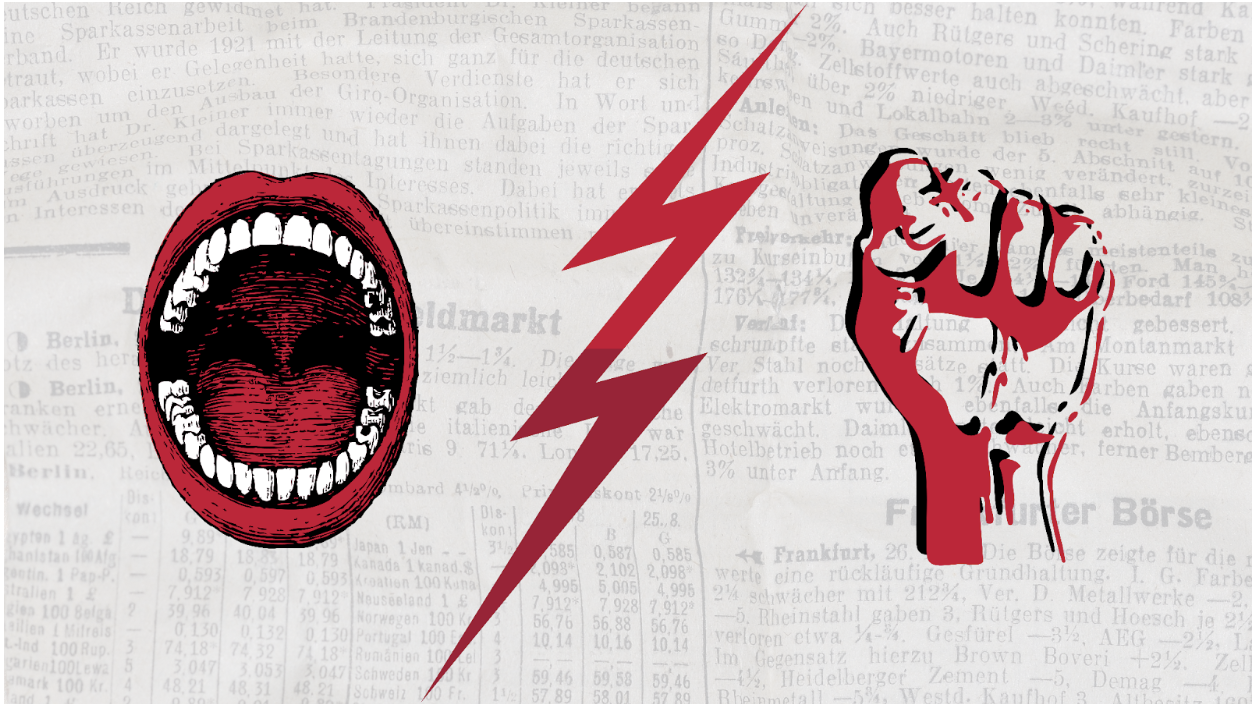Harvard College’s Undergraduate Council, while it existed, carried with it an undercurrent of absurdity — almost every campaign cycle in recent memory has featured a farcical candidacy promising to instate a daily tomato ravioli soup, thicken the school’s toilet paper, or abolish the institution entirely. On more than one occasion, the joke ticket has won a plurality of the votes. Following the victory of the “Abolish the UC” ticket in the 2022 election cycle, students watched on as the radical, almost humorous, platform was undertaken in earnest: The administration of President Michael Cheng dismantled the UC and instead established the Harvard Undergraduate Association, founded on greater transparency, direct democratic participation, and fewer institutional hierarchies.
Still, as the legislative body evolves, so do its shenanigans. In keeping with tradition, the first HUA election featured its own brand of humorous candidates sporting flannels and cowboy hats, promising to “stop the malarkey and start working for you.” In an academic space renowned for serious intellectualism, how is it that what holds the greatest political currency is not a candidate’s platform or track record, but their sense of humor?
Perhaps some of it can be chalked up to youth. But absurdism is not the domain of solely college students; it is embedded in every aspect of our political life. Accordingly, in the pages of this digital magazine, “The Farce Awakens,” the Harvard Political Review explores the farcical in the everyday. Proposed by former United States editors Alan Zhang, Caroline Hao, Ethan Jasny, and Jack Silvers, the pitch explores the overlap between comedy and politics: “Comedy often pushes the boundaries of what we deem to be politically acceptable, while at the same time endearing us to some of our most prominent political leaders.” Politicians and comedians, after all, both seek favor among their audiences, often commenting on similar lived realities and proposing some reprieve.
Staff Writer Aishani Aatresh infuses the absurdity of campus politics into our actual legislature, probing what would change — and what would not — if the United States’ House of Representatives voted to dissolve itself, à la Harvard UC. Among the realities this satire reveals are the inability of the House to adequately address rising technologies and the legitimacy crisis facing the Supreme Court. Other authors take a step back, instead analyzing the role of comedy on our media ecosystem. C.J. Obasi explores how political comedy, whether stand-up or late night or print, interacts with increasingly salacious yet avowedly “real” news. It prompts us to grapple with the question: If satire is “barely more extreme than real life,” what does that say about our current political reality or our ability to report on it? In pursuit of an answer to this question and many others, Coby Garcia interviews Emma Eun-Joo Choi ’23, an English concentrator with a second hat as an NPR host for the show “Everyone & Their Mom.” Choi comments on the ideological divides in comedy shows and the importance of media that speak to all communities. Alongside these pieces, meditations by staff writers Amen Gashaw, Hea Pushpraj, and Luna Dantas poke fun at the United Nations, voter suppression, federal politics, and the other civic institutions we have come to take for granted.
Collectively, these authors reveal the centrality of humor in our political lives. As Pushpraj writes, this reality became most evident when a famous Ukrainian satirist, Volodymyr Zelensky, became the leader of his country and an earnest defender of Ukrainian sovereignty. The cover for his show, “Servant of the People,” depicts a gently bewildered Zelensky, pedaling a bicycle toward the highest office in the land. His portrayal of a humble yet clear-eyed — in the way that only a commoner could be — political servant garnered him greater respect among the populace he would soon come to serve. As Courtney Sender writes, “This is not merely life imitating art; it is art that seems to have created the conditions under which life imitated it.” Taken to its furthest extent, then, comedy has the potential to write the political plotlines which govern our lives.
Just as we tip our hats to the comedians bringing new political realities into being, we owe a great thanks to the editorial team that brought this magazine into being. This magazine could not have been possible without the work of Covers editors Amen Gashaw and Liana McGhee, both of whom have edited and assembled every piece in the digital edition, in addition to coordinating across our editorial and publication teams to assemble our seamless digital display.
Finally, it is with the deepest gratitude and enthusiasm that I, alongside the members of the 54th Masthead, hand off the baton to the 55th Masthead of the Harvard Political Review. Already the new Masthead has taken to editing with new vigor under the leadership of Emmy Cho ’24, ushering in editorial changes rooted in greater transparency and connection between our writership and leadership. The Covers Section is entrusted to McGhee and Nurayn Khan, whose combination of experience and ideas will direct renewed vitality into the quarterly magazine.
This magazine represents a joint effort between the two mastheads, a final charade we intend to let you (the reader) in on. In the coming pages, we hope you share a laugh with us.



